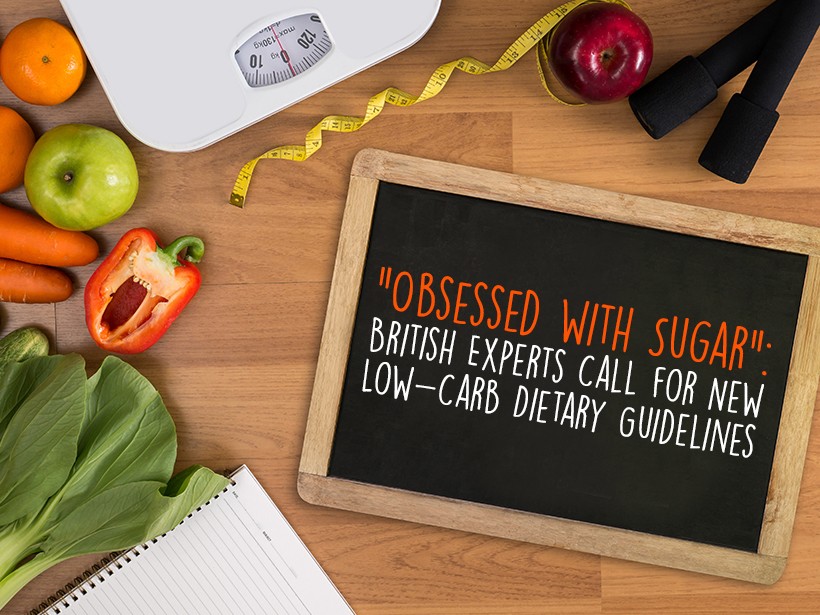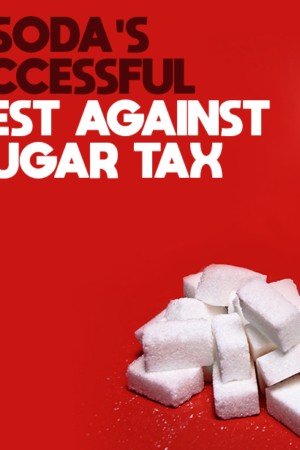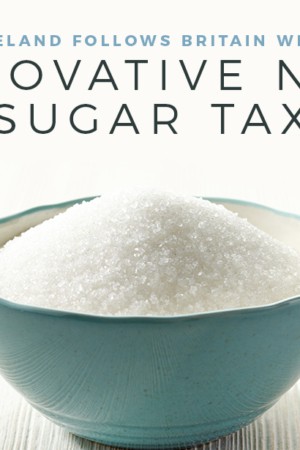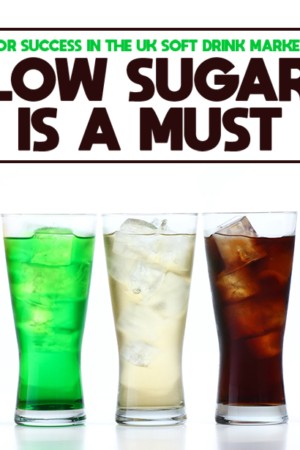Health experts across the globe have been scrambling to come up with a comprehensive explanation for the obesity epidemic that has grown over the course of the past several decades. While some pursue a moderate, uncontroversial approach to the subject, many believe they have identified one thing in particular around which public conceptions and even national guidelines for a balanced diet have been mistaken: the proper amount of sugar and carbs we should be eating. The latest salvo comes from a group of medical experts in the UK, who charge the National Health Service (NHS) with promoting an excessive amount of carbs as a staple of the British diet.
Carb-Rich Guideline to Blame for Crisis
The group warns of a sugar-induced obesity time bomb and has called for a complete revision of the NHS dietary advice. The guidelines, themselves 35 years old, encourage people to include in their meals potatoes, rice, pasta, bread, or other carbs, as well as low-fat cheese and yogurts. According to Sir Richard, former president of the Royal College of Physicians, “It’s more important to cut down on the calories in carbohydrates rather than the calories in fat, because it has caused a tsunami in diabetes. And we are all obsessed by sugar.” 1 The experts also blamed lawmakers and the lobbying practices of big pharmaceutical companies for exacerbating the crisis, creating a cultural reliance on insulin, opioids, and cholesterol meds instead of helping people to fix their diets.
Beyond Junk Food
The call to action seems to have reached some lawmakers, who sent a letter to prime minister Theresa May on Wednesday with a list of measures needed to fight childhood obesity. The regulations include a ban on buy-one-get-one-free junk food offers and new restrictions on when and how junk food can be advertised—turning, as has been done elsewhere, on cartoon characters and celebrities meant to lure children to cereal boxes, for example.2
While such measures would make for a formidable addition to Britain’s recent crackdown on sugar, lasting change would require moving past a simple condemnation of junk food and identifying the role excess carbs in general play in the obesity crisis. Significantly, the lawmakers’ proposed solutions included better nutrition training for medical staff. Paired with the changes to NHS guidelines recommended by medical experts, such training could dramatically improve the kind of information available to people about making healthy food choices. With its productive new sugar tax as a springboard, Britain is in a position to set a global standard for a competent response to high rates of obesity and responsible regulation on sugar.
NUTRITIONAL DISCLAIMER
The content on this website should not be taken as medical advice and you should ALWAYS consult with your doctor before starting any diet or exercise program. We provide nutritional data for our recipes as a courtesy to our readers. We use Total Keto Diet app software to calculate the nutrition and we remove fiber and sugar alcohols, like erythritol, from the total carbohydrate count to get to the net carb count, as they do not affect your blood glucose levels. You should independently calculate nutritional information on your own and not rely on our data. The website or content herein is not intended to cure, prevent, diagnose or treat any disease. This website shall not be liable for adverse reactions or any other outcome resulting from the use of recipes or recommendations on the Website or actions you take as a result. Any action you take is strictly at your own risk.
- For Keto, the Everyday Research Says it All - March 6, 2019
- Huge Harvard Study Backs Up the Wide-Ranging Benefits of a Low-Carb Diet - February 25, 2019
- Experts Convene for Keto Conference - July 30, 2018




